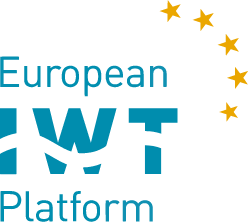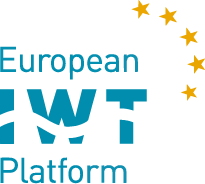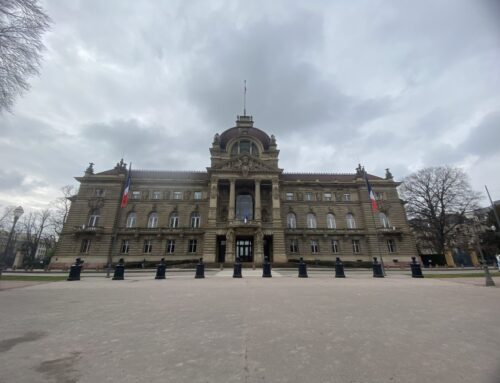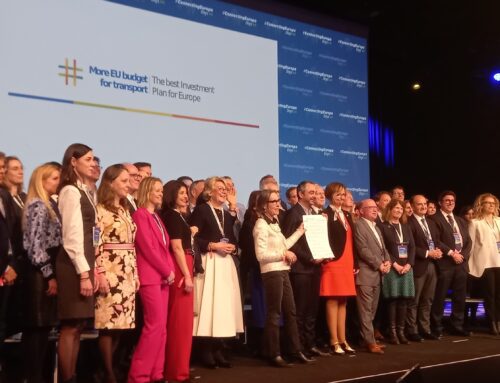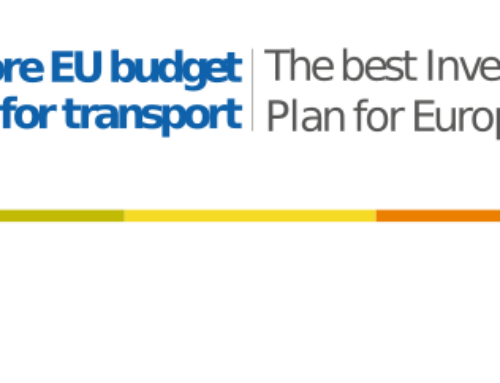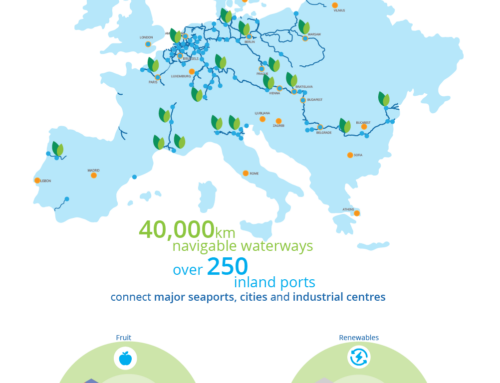The signatory states have decided to keep global warming below 2 °C in light of the Paris climate pact. By 2050, the EU aspires to achieve carbon neutrality. The decarbonization of the transportation industry and the transition to the environmentally friendly modes of rail and waterway are essential steps in this direction, according to the EU. Beginning in 2050, both are expected to take up 75 percent of the existing freight traffic volume. However, turning inland transportation into a climate-neutral industry in the future is another significant problem. The future replacement for diesel is currently being discussed, along with a number of fuels and powertrain systems. However, there are presently few marketable uses for alternative fuels that are prepared for mass production, as well as few bunkering possibilities. In light of this circumstance, the VBW has set itself the goal of creating a database of information on alternative fuels that may serve as guidance for both industry practitioners and political decision-makers.
The Development Center for Ship Technology and Transport Systems e.V. (DST), Duisburg, and the Maritime Research Institute Netherlands (MARIN), Wageningen, which are members of the VBW, assembled a working group of the Association’s Technical Committee “Inland Vessels” to create the brochure “Alternative Fuels and Propulsion Technologies for Inland Vessels,” which is now available online.
A concise and generally understandable overview of the technologies that are already in use or being developed, as well as information on how they operate and the framework requirements for their implementation, are provided in the 30-page document. A presentation of the ESSF (European Sustainable Shipping Forum) information portal and a case study illustrating the technical design and sizing of alternative propulsion concepts based on two push boats are also included.
Read the brochure in German – CLICK HERE
